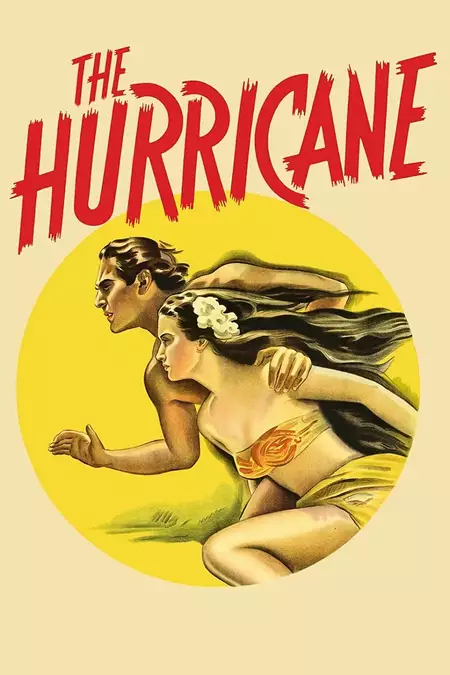Bezhin Meadow: Sequences from an Unfinished Film (1968)
March 4, 1968Release Date
Bezhin Meadow: Sequences from an Unfinished Film (1968)
March 4, 1968Release Date
Plot.
Where to Watch.
 Subs
SubsCurrently Bezhin Meadow: Sequences from an Unfinished Film is available for streaming online, rent, buy or watch for free on: Criterion Channel
Streaming in:🇺🇸 United States

Cast & Crew.
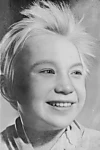
Viktor Kartashov
Степок
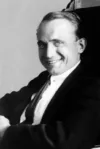
Boris Zakhava
Samokhin, Stepok's Father

Nikolay Khmelyov
Peasant
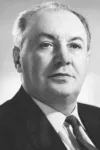
Pyotr Arzhanov
Political Commissioner (as Pavel Ardzhanov)

Yekaterina Teleshova
President of Kolkhoz

Nikolai Maslov
Arsonist
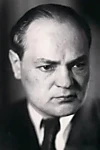
Nikolai Khmelyov
Peasant
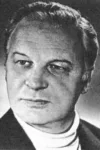
Stanislav Rostotsky
Boy

Yakov Zajtsev

Vadim Gusev
Arsonist
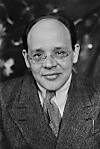
Isaak Babel
Writer
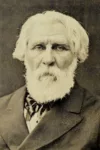
Ivan Turgenev
Story

Alexandr Rzheshevsky
Writer
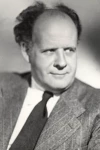
Sergei Eisenstein
Director / Writer

Boris Volsky
Sound
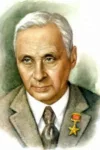
Sergei Yutkevich
Archival Footage Coordinator / Supervising Editor

Klavdia Aleyeve
Editor
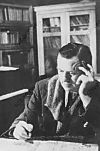
Gavriil Popov
Composer

Vladimir Nilsen
Cinematographer
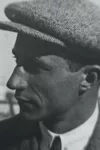
Eduard Tisse
Cinematographer
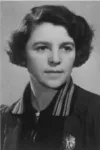
Esfir Tobak
Editor

Aleksei Utkin
ProductionDesigner
Media.
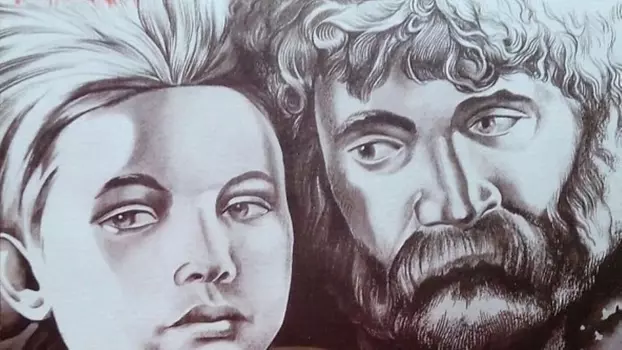

Details.
Release DateMarch 4, 1968
Original NameБежин луг
StatusReleased
Running Time31m
Genres
Last updated:
This Movie Is About.
Wiki.
Bezhin Meadow (Бежин луг, Bezhin lug) is a 1937 Soviet propaganda film, famous for having been suppressed and believed destroyed before its completion. Directed by Sergei Eisenstein, it tells the story of a young farm boy whose father attempts to betray the government for political reasons by sabotaging the year's harvest and the son's efforts to stop his own father to protect the Soviet state, culminating in the boy's murder and a social uprising. The film draws its title from a story by Ivan Turgenev, but is based on the (largely fabricated) life story of Pavlik Morozov, a young Russian boy who became a political martyr following his death in 1932, after he supposedly denounced his father to Soviet government authorities and subsequently died at the hands of his family. Pavlik Morozov was immortalized in school programs, poetry, music, and film.
Commissioned by a communist youth group, the film's production ran from 1935 to 1937, until it was halted by the central Soviet government, which said it contained artistic, social, and political failures. Some, however, blamed the failure of Bezhin Meadow on government interference and policies, extending all the way to Joseph Stalin himself. In the wake of the film's failure, Eisenstein publicly recanted his work as an error. Individuals were arrested during and after the ensuing debacle.
Bezhin Meadow was long thought lost in the wake of World War II bombings. In the 1960s, however, cuttings and partial prints of the film were found; from these, a reconstruction of Bezhin Meadow, based on the original script, was undertaken. Rich in religious symbolism, the film and its history became the focus of academic study. The film was extensively discussed both inside and outside of the film industry for its historical nature, the odd circumstances of its production and failure, and its imagery, which is considered some of the greatest in cinema. In spite of the failure of Bezhin Meadow, Eisenstein rebounded to win Soviet acclaim and awards, and became artistic director of a major film studio.
You May Also Like.

The Lord of the Rings: The Fellowship of the Ring (2001)

Shrek the Third (2007)

The Terminator (1984)

Toy Story (1995)

Fight Club (1999)
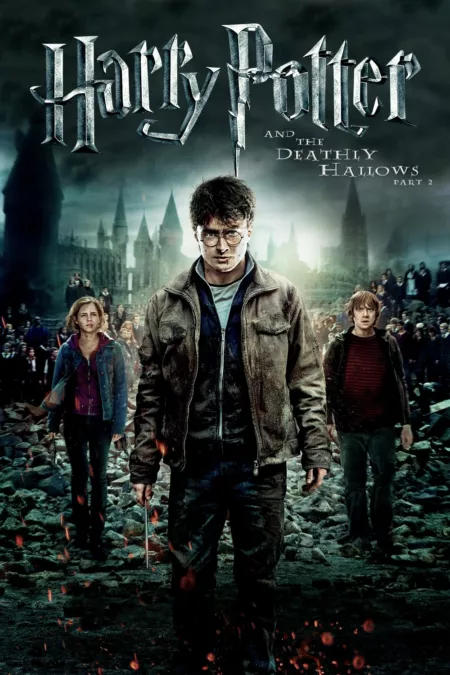
Harry Potter and the Deathly Hallows: Part 2 (2011)

Pirates of the Caribbean: Dead Man's Chest (2006)

Predator (1987)

Wreck-It Ralph (2012)
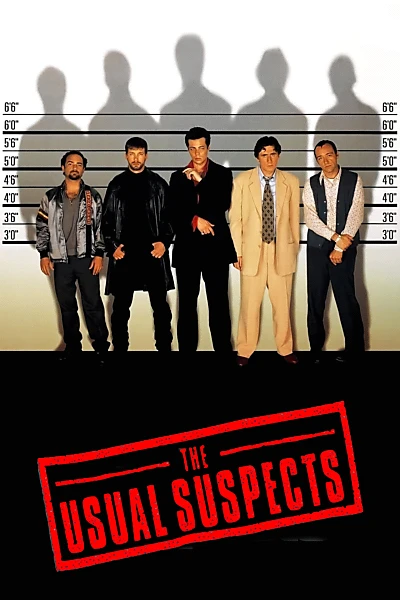
The Usual Suspects (1995)
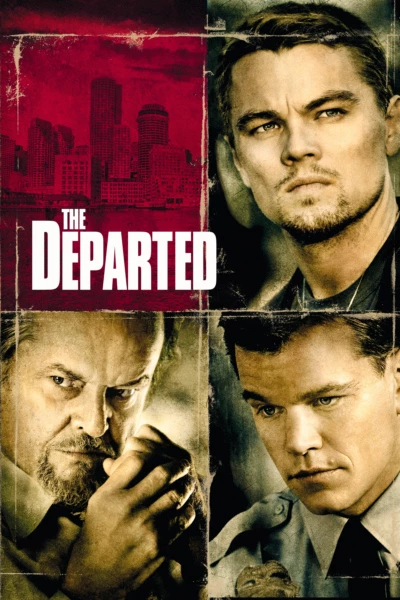
The Departed (2006)
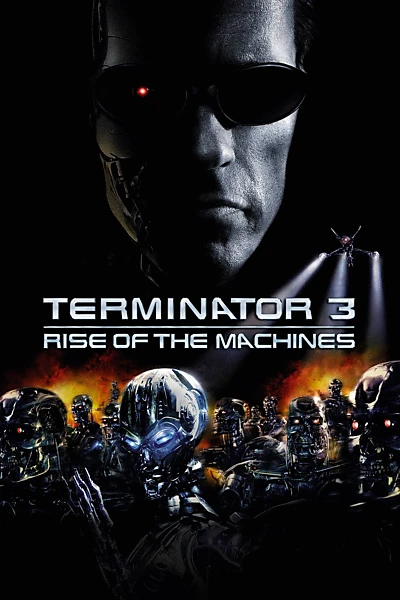
Terminator 3: Rise of the Machines (2003)

Lady and the Tramp (1955)
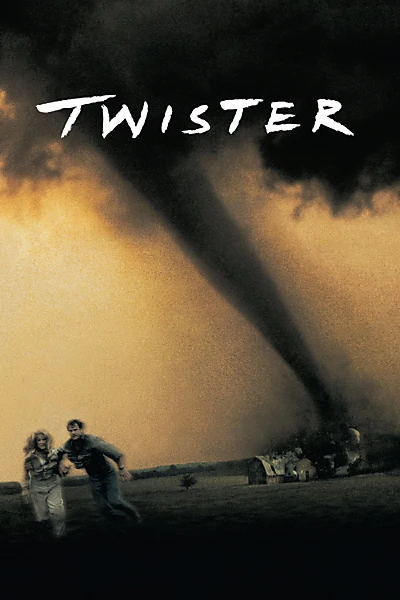
Twister (1996)
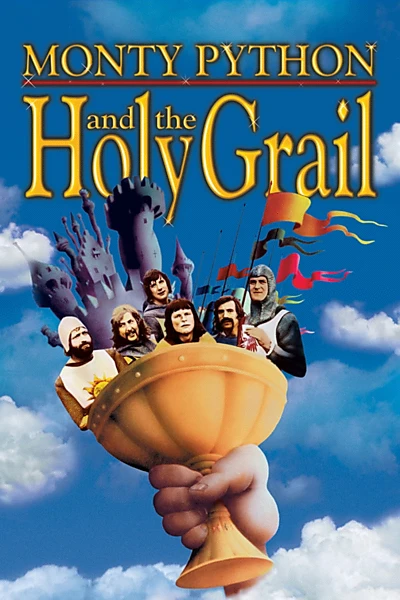
Monty Python and the Holy Grail (1975)
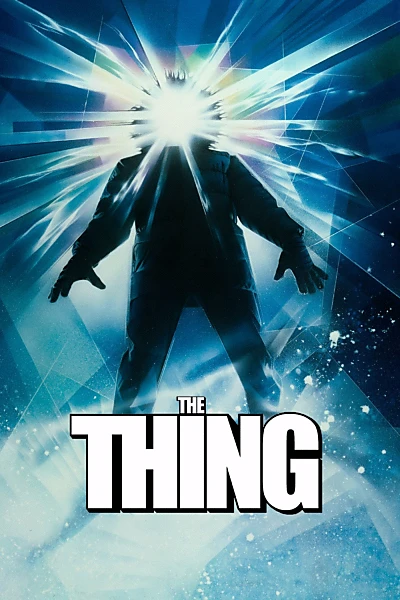
The Thing (1982)
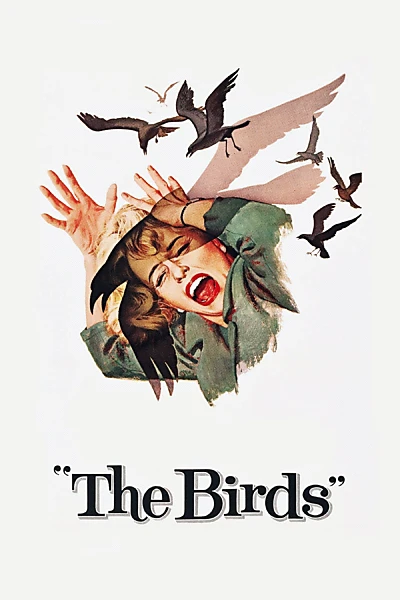
The Birds (1963)
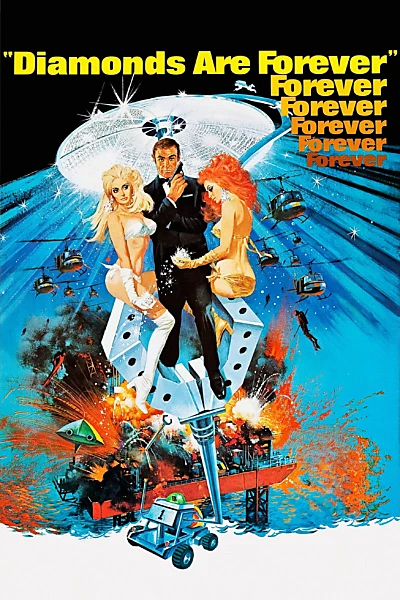
Diamonds Are Forever (1971)
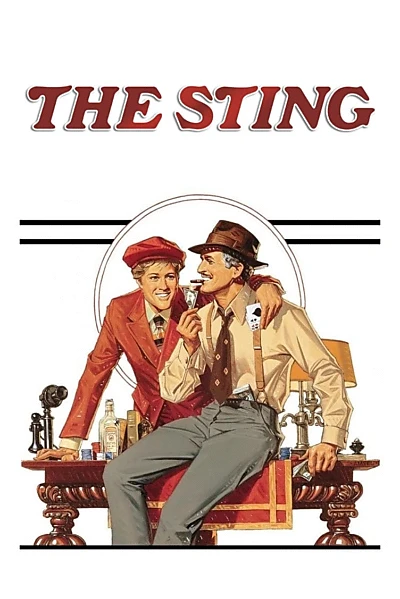
The Sting (1973)
